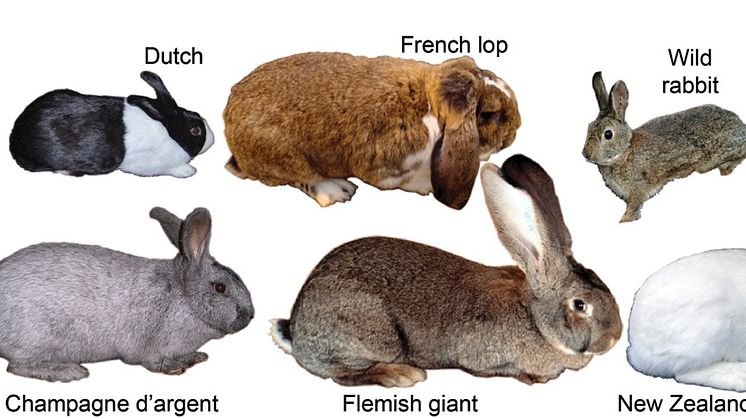Ultrafast uncoupled magnetism in atoms - a new step towards computers of the future
Future computers will require a magnetic material which can be manipulated ultra-rapidly by breaking the strong magnetic coupling. A study has been published in Nature Communications today in which Swedish and German scientists demonstrate that even the strongest magnetic coupling may be broken within picoseconds (10 raised to -12 s). This will open up an exciting new area of research.
